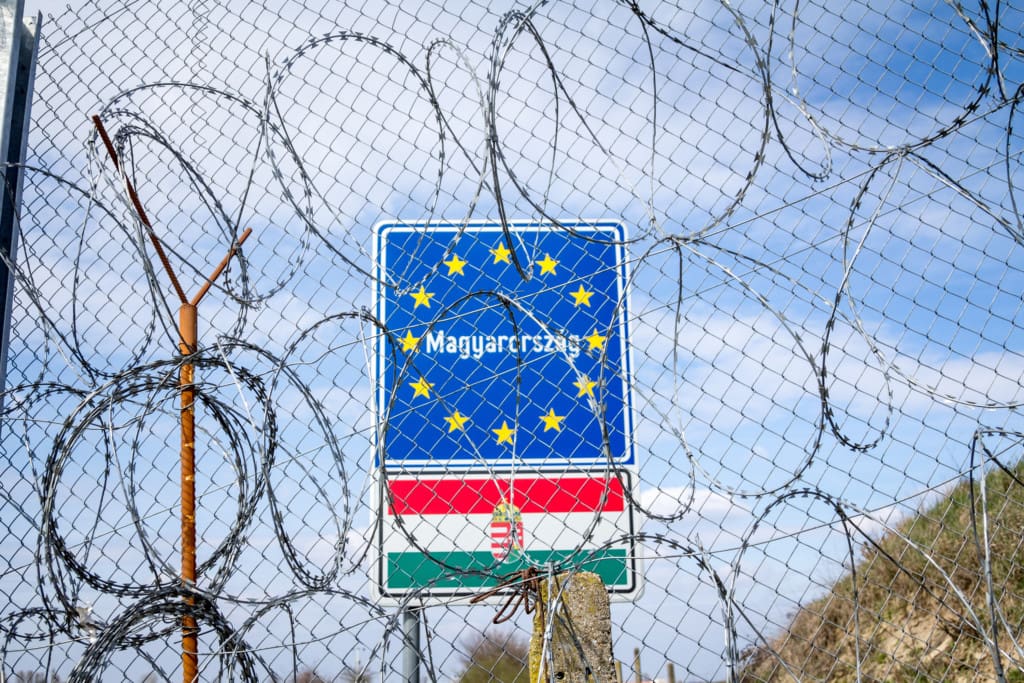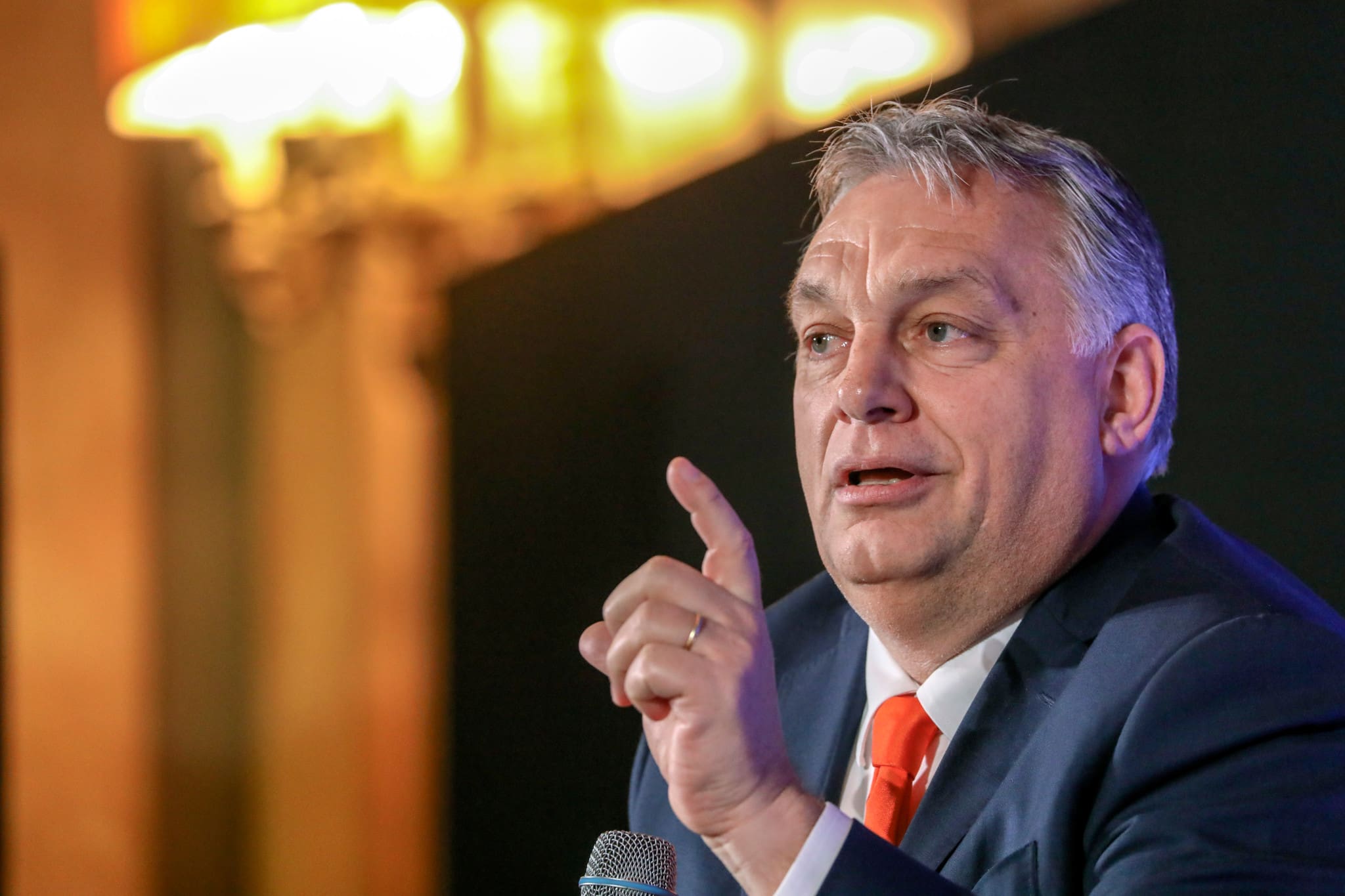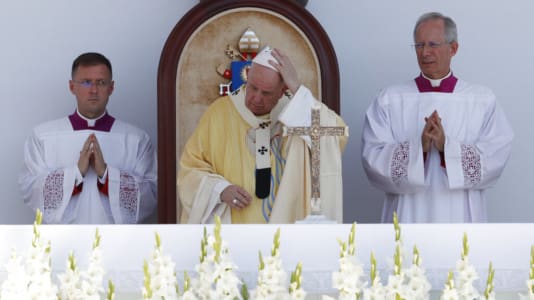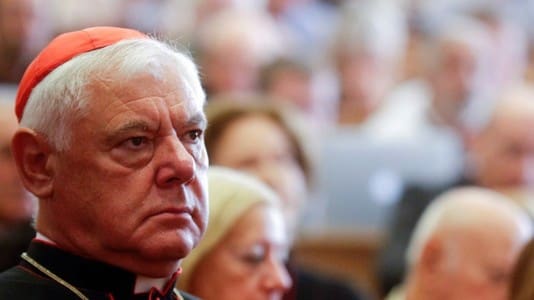Long-term forecasts have been expecting strong winds in Europe for months, and the persistent northerly flow that has long affected the continent has been slowly replaced by southerly and easterly currents, with occasional, yet powerful, westerly gusts. This is expected to continue until the European Parliament elections in the middle of next year and the subsequent power negotiations.
The change in wind direction has just been confirmed by the “chief meteorologist,” Manfred Weber, leader of the European People’s Party parliamentary group. The German politician, who has a keen sense of the current changes, recently said: “If there is no other way to stop illegal immigration, we must be prepared to build fences.”
This was not always the case, as eight years ago he took a stand in the name of the “Willkommenskultur” promulgated by Angela Merkel and was so anti-borders that he even invoked “Mutti” (Merkel’s German nickname of “mother”) and directly addressed Donald Trump in a Twitter post in 2017 when he said, “We don’t build walls, we want to build bridges.” Weber, however, was disappointed with “Mutti” because, despite being the People’s Party’s top candidate in the last European Parliament elections, he was not able to run because Viktor Orbán and Emmanuel Macron, who he often criticized, found someone else better suited to lead the European Commission.

Although the then-crowned Ursula von der Leyen has since been a disappointment, and corruption cases have not been far from her mind, the procedure of four years ago could be instructive for her: She came in first place as an almost unknown running against Weber, who had seemed to be the sure winner. He was lobbying this week for the European People’s Party coalition to include him as its top candidate next year, but it is not enough for him to be acceptable at home because Europe seems to have had enough of Germany dictating the agenda. Meloni’s Italy has already made it clear that it wants to limit migration, and French President Emmanuel Macron has been even more spectacular in his opposition to the German line in recent weeks.
Sometimes critical of the Hungarian prime minister himself, Macron has realized that he has nothing to lose, as the French constitution says he cannot be president for a third time and so far he is only remembered for his yellow vest and pension reform protests, which are hardly a great mark in terms of his place in European history.
[pp id=9804]
In a bid to project a more positive image, he struck an unusually friendly tone with China and then said that Europe should look after its own interests and its leaders should work to create autonomy. German Foreign Minister Annalena Baerbock was the loudest in her protestations; she did not recognize the shifting winds and said there was no place for such dissent in the EU. Macron, however, is not to be so easily swayed and is now going further, joining forces with the Chinese to bring the parties stuck in the quagmire of the Russia-Ukraine war to the negotiating table this year, according to Bloomberg.
All this in a single week: Border fences, the protection of European interests and a ceasefire to prevent the war from escalating are no longer the devil’s work, and after Meloni, Weber, and Macron have now backed Viktor Orbán. If this continues, by next May, the mainstream will be behind the Hungarian prime minister, who had previously been dismissed by Europe’s elite as anti-human, authoritarian and pro-Putin.






